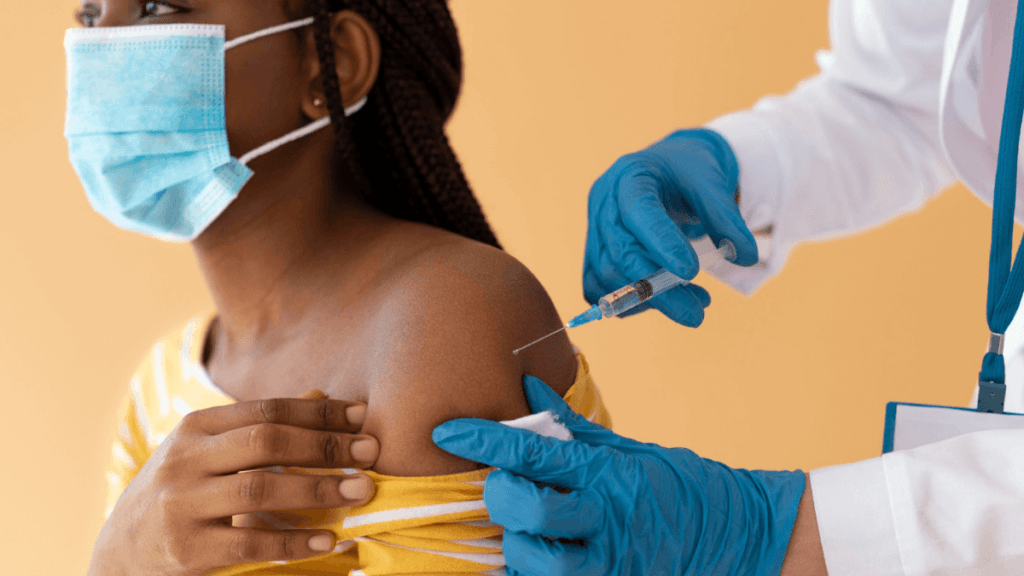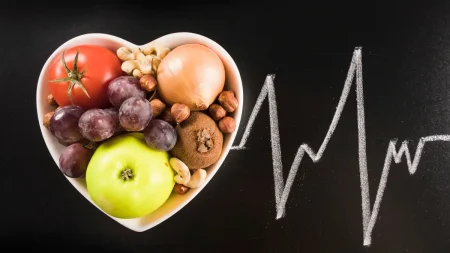The South African government has launched the National HPV Vaccination Campaign, running from 3 February to 28 March, aimed at protecting young girls from cervical cancer. This initiative, led by the Department of Basic Education, Health, and Social Development, seeks to vaccinate Grade 5-7 girls in schools nationwide.
Cervical cancer remains one of the most prevalent cancers among women in South Africa, and the Human Papillomavirus (HPV) vaccine is a critical tool in reducing this risk. This article explains the details of the campaign, including eligibility, vaccination procedures, and how parents can ensure their daughters are protected.
Who Will Be Conducting the Vaccinations?
The vaccinations will be carried out by trained healthcare workers who will visit schools to administer the HPV vaccine to eligible girls.
- The vaccine will be provided to Grade 5-7 girls who have signed parental consent forms.
- Girls aged 12 years and older can give their own assent (agreement) to be vaccinated, even if their parents have not provided consent.
This approach ensures that more young girls are protected early from the risks of cervical cancer.
Where Will the HPV Vaccination Campaign Take Place?
The HPV vaccine will be administered in schools across South Africa. This includes:
- Public schools
- Special schools
- Private schools
- Independent schools
By offering the vaccine at schools, the government ensures accessibility, making it easier for students to receive their shots without needing to visit a clinic.
Who Is Targeted for the Vaccination?
The campaign specifically targets Grade 5-7 girls who are aged 9 years and older.
The vaccination schedule is divided into two phases:
- 3 February – 28 March: Public and Special schools.
- 4 August – 28 September: Private and Independent schools.
This schedule ensures that all eligible girls receive the vaccine at their respective schools.
What Can Be Done If a Girl Does Not Qualify for the HPV Vaccine?
If a girl does not meet the criteria for vaccination at school, she can still get vaccinated privately.
- Parents can take their daughters to a general practitioner or clinic to request the HPV vaccine.
- If the girl is already at risk of HPV, regular cervical screening tests are recommended.
It’s important for parents and guardians to stay informed about alternative vaccination options if their daughters are not eligible in the school-based program.
Why Is the HPV Vaccine Important?
HPV is the most common sexually transmitted infection, and certain strains cause cervical cancer. The vaccine is safe, effective, and crucial in preventing HPV-related cancers.
Benefits of the HPV Vaccine
- Prevents cervical cancer by protecting against high-risk HPV types.
- Safe and effective with minimal side effects.
- Long-term protection against HPV infection.
By vaccinating young girls before they are exposed to HPV, we drastically reduce their risk of developing cervical cancer later in life.
How Can Parents Support the Campaign?
Steps for Parents:
- Sign the consent form provided by the school.
- Educate their daughters about the importance of the vaccine.
- Encourage open discussions about cervical cancer prevention.
- Ensure their daughters attend school on the vaccination day.
- Monitor their child’s health after the vaccine for any mild side effects.
By actively participating in the campaign, parents play a vital role in securing their children’s future health.
Related: Childhood Immunisation Schedule: A 2025 Parent’s Guide
Frequently Asked Questions (FAQs)
Q: What is HPV?
- HPV (Human Papillomavirus) is a common virus that can cause cervical cancer in women. Some types of HPV can also lead to other cancers and genital warts.
Q: Why is the HPV vaccine only given to young girls?
- The vaccine works best when given before exposure to HPV, which is why it is administered to girls aged 9 and older before they become sexually active.
Q: Is the HPV vaccine safe?
- Yes. The HPV vaccine is safe, effective, and has been extensively tested. It is approved by health authorities worldwide, including the World Health Organization (WHO).
Q: Does the HPV vaccine have any side effects?
Like all vaccines, the HPV vaccine may cause mild side effects, including:
- Soreness at the injection site
- Mild fever
- Dizziness or headache
Severe reactions are extremely rare.
Q: Can boys get the HPV vaccine?
- Yes, but the current school-based vaccination program in South Africa is focused on girls since cervical cancer is the most common HPV-related disease. Boys can receive the vaccine privately.
Q; What if my daughter misses her vaccination day?
- If a girl misses her vaccination at school, parents can contact their local clinic to arrange for her to receive the vaccine.
Q: Does the HPV vaccine replace cervical cancer screening?
- No. Regular Pap smears and cervical screening tests are still necessary for women, even if they have received the HPV vaccine.
Q: How many doses of the HPV vaccine are needed?
- The South African school-based program provides two doses of the HPV vaccine. The second dose is administered six months after the first.
Q: Can my daughter receive the vaccine if she is already sexually active?
- Yes, but the vaccine is most effective when given before HPV exposure. If a girl is already sexually active, she may still benefit from the vaccine, but she should also undergo regular cervical screenings.
Q: How can parents consent to the vaccination?
- Parents must sign and return the consent form provided by the school. Girls aged 12 years and older may give their own consent to be vaccinated.
The National HPV Vaccination Campaign is a major step towards reducing cervical cancer cases in South Africa. By vaccinating Grade 5-7 girls, the government is protecting future generations from this preventable disease.
Parents, guardians, and schools must work together to ensure the success of this campaign. Let’s protect her future and prevent cervical cancer!










